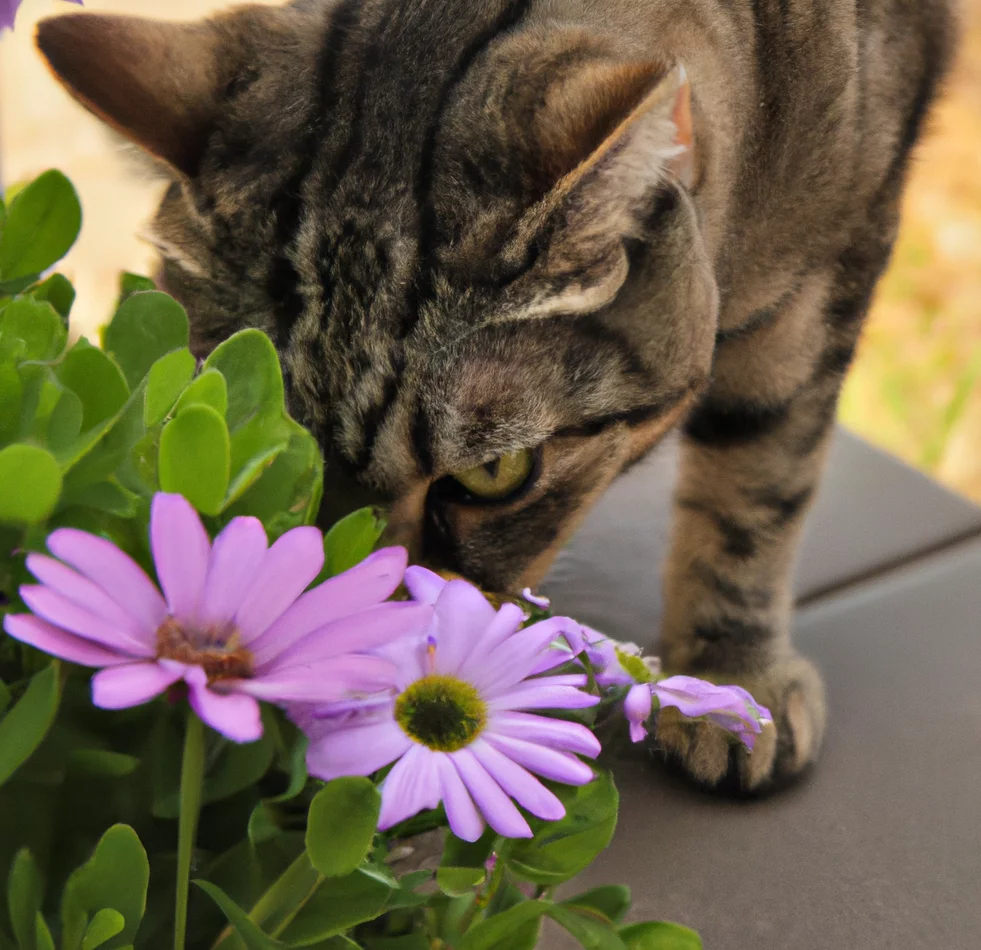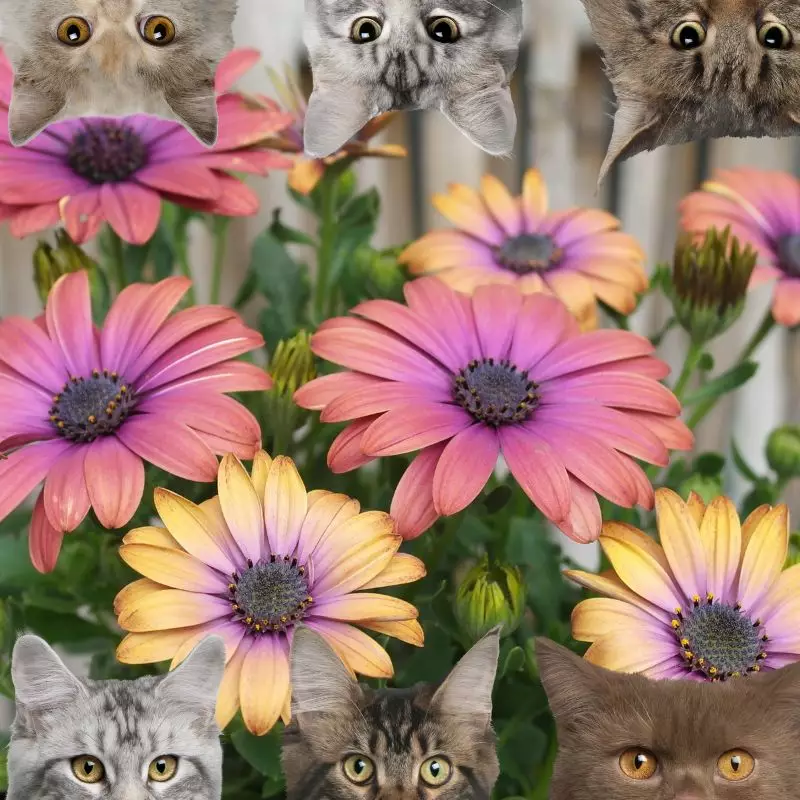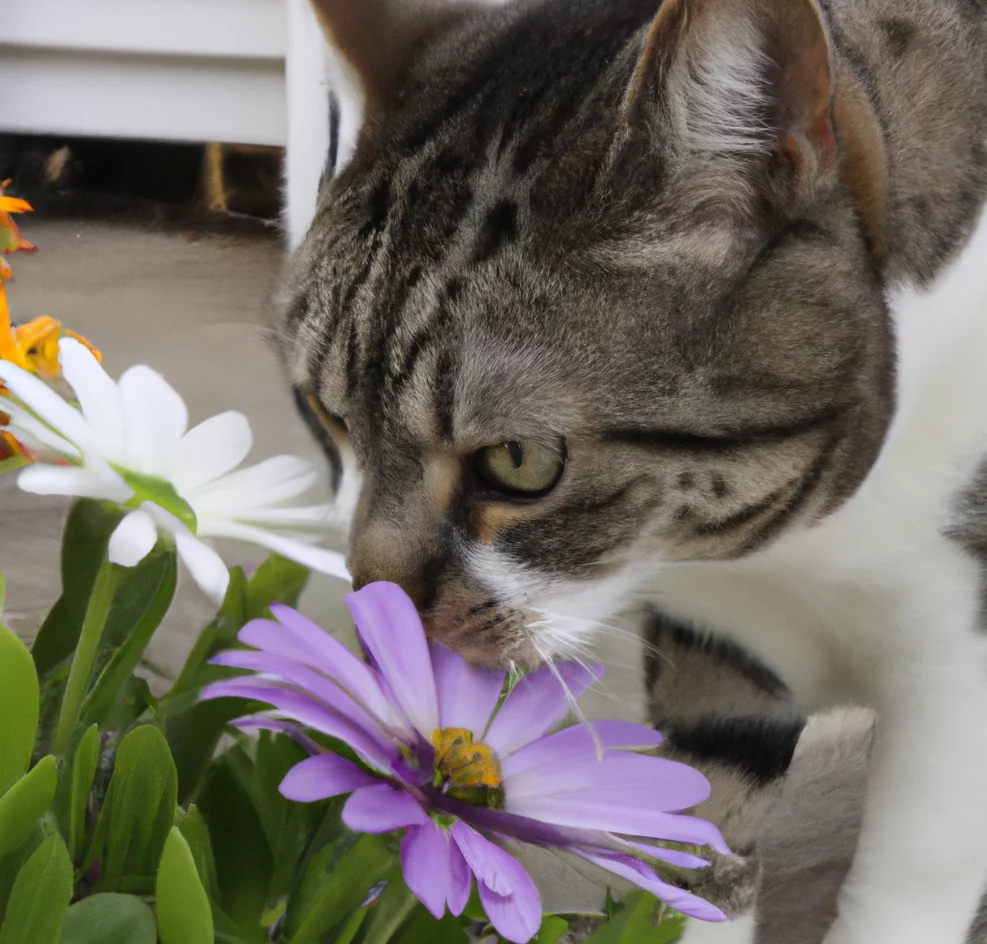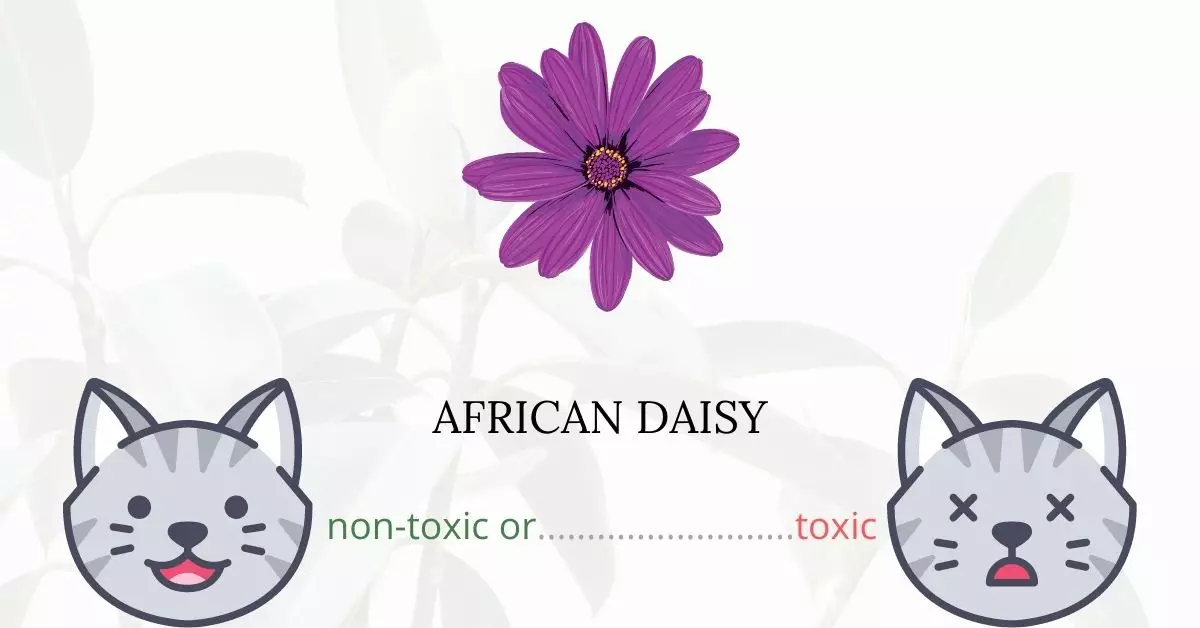Addressing the concerns of many pet owners, it is crucial to clarify whether African Daisies, also known as Barberton Daisy, Veldt Daisy, Transvaal Daisy, or Gerber Daisy, are toxic for cats. According to our extensive research and information provided by the American Society for the Prevention of Cruelty to Animals (ASPCA) Poison Control Center, African Daisies are considered safe and non-toxic to cats.
This article has been meticulously developed in collaboration with a team of experienced Doctors of Veterinary Medicine (DVMs), who have lent their expertise to provide accurate, reliable, and current information on the potential risks associated with various plants, focusing, in this instance, on African Daisies and their effects on cats. Further authenticity and assurance are added by our comprehensive research on high-authority websites such as ASPCA and PetMD for every plant discussed, ensuring that you receive well-rounded and trustworthy information regarding the safety of these plants for your feline friends.
Can Cats Eat African Daisy?

Generally, cats are known to be curious so they are known to nibble on plants on occasion. If your cat happened to bite and chewed on an African Daisy, there is nothing to worry about.
Although African daisies are not dangerous to cats, any chemicals used on the plant, such as fertilizers, herbicides, and insecticides, can be. Using a modest amount of fertilizer or other chemicals on indoor plants might leave residue on the leaves. Illness is a potential if your cat ingests the toxins along with African daisies.
What is African Daisy?

African daisies are a popular flower at most florists because of their vibrant color and diversity. They are also a must-have for cats and dogs’ parents because they are non-toxic to cats and dogs.
Although most African daisies have green, alternating leaves, there are also variegated varieties. The leaf shape is lanceolate, and the leaf margin is whole; however, hardy varieties have serrated leaf margins.
Disc florets and ray florets grow individually at the end of branches or in inflorescences of terminal corymbose cymes in this daisy-like composite flower. Blue, yellow, and purple disc florets are among the many hues available. Until the yellow pollen is discharged, the hardy kinds generally have a dark blue core in the disc. Ray florets come in a variety of hues, including white, cream, pink, purple, mauve, and yellow. Some varieties, such as “Pink Whirls,” have “spooned” petals.
African daisies are widely grown in gardens and parks, where they are typically utilized in summer bedding schemes. Many hybrids and cultivars with a broad spectrum of tropical hues have been produced. Yellow cultivars are characterized by a yellow core (sometimes off-white).
African daisies like a warm, sunny location with rich soil, although they can endure poor soil, salt, and drought.
Keeping Cats Away From African Daisy

Because plants aren’t usually part of a cat’s diet, it is still highly advisable to not let your cat eat a part of African Daisy. Cats are carnivorous animals. Carnivorous animals do not have the needed enzymes in their body to process and digest plant material.
Too much consumption of African daisy plants might upset a cat’s stomach. It may result in mild vomiting and diarrhea. Losing appetite is also possible. The stomach problems should fade away in a day or two, but if your cat starts vomiting frequently, has difficulties breathing, or is very sluggish, call your veterinarian and tell him what your cat got into.
Train your cat to avoid plants in your yard and in the outdoors. Limiting their outside access is another effective technique to keep them from coming into touch with plants.
Plants to Avoid For Your Cats
If you are a cat parent and not sure if the plants growing in your yard are harmful to your cats, you may refer to our list of toxic plants for cats. You may also check our list of non-toxic plants for cats.





